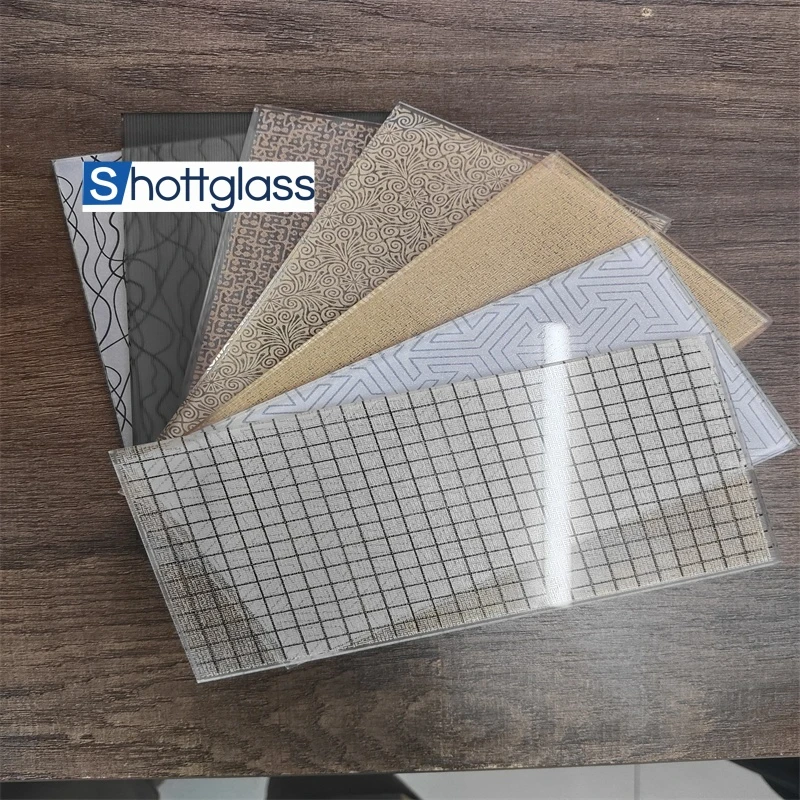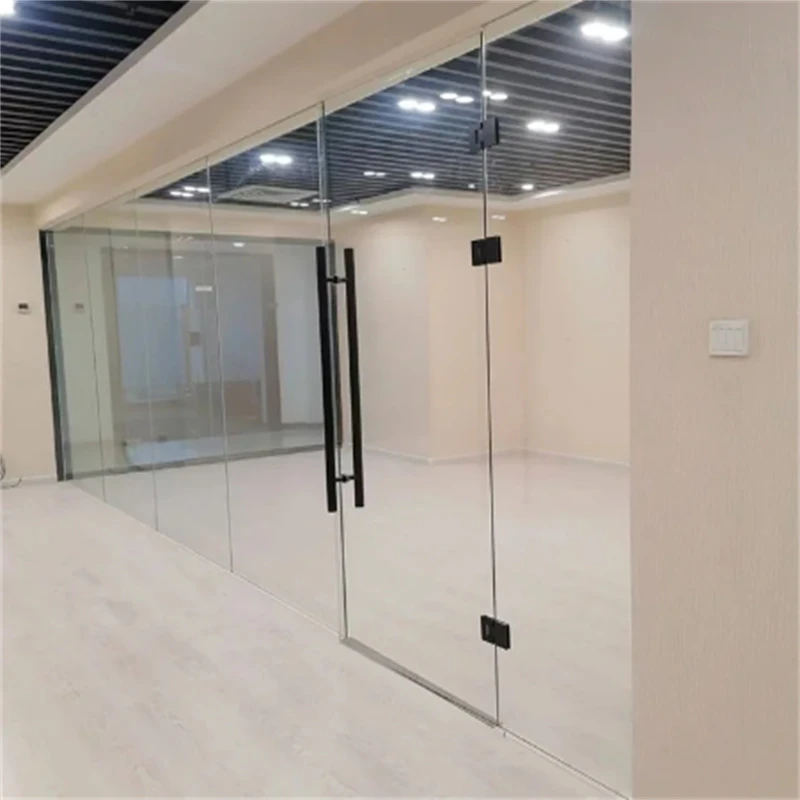10 月 . 11, 2024 18:41 Back to list
Exploring Various Types of Tinted Glass for Enhanced Aesthetics and Functionality
Exploring Tinted Glass Types A Comprehensive Guide
Tinted glass has become a fundamental material in architectural design, automotive manufacturing, and decorative applications. This versatile product provides various benefits, including enhanced aesthetics, UV protection, glare reduction, and energy efficiency. In this article, we will explore the different types of tinted glass, their characteristics, and their various applications.
Understanding Tinted Glass
Tinted glass is a type of glass that has been treated or coated to alter its color or shade. The process typically involves adding metal oxides or other compounds during manufacturing to achieve desired tonal effects. This alteration can significantly affect how much light is transmitted through the glass, improving comfort and functionality in various environments.
Types of Tinted Glass
1. Bronze Tinted Glass
Bronze tinted glass has a rich, warm hue that creates a classic and sophisticated appearance. Often used in commercial buildings, this type of glass offers excellent glare control while maintaining a distinct aesthetic appeal. It can reduce solar heat gain, making it an energy-efficient option. Bronze-tinted glass is popular in office buildings, shopping centers, and residential homes where a combination of style and function is desired.
2. Gray Tinted Glass
Gray tinted glass is one of the most common types used in both residential and commercial applications. Its neutral tone effectively reduces glare and solar heat gain while providing clear vision. Gray glass comes in various shades, accommodating different design preferences. It is an ideal choice for modern buildings and is often utilized in facades and curtain walls.
Green tinted glass is known for its unique aesthetic that complements natural surroundings. This type of tint provides good glare reduction and heat management, making it popular in eco-friendly designs. Its subtle green hue is often used in residential windows, allowing homeowners to maintain clear visibility while achieving a natural look.
tinted glass types

4. Blue Tinted Glass
Blue tinted glass is frequently used to create a striking visual impact. Its distinct hue can enhance the exterior of a building and provide privacy without sacrificing light. Blue glass is often selected for contemporary and modern architectural designs, including high-rise buildings and luxury residences. Additionally, it can help in reducing heat build-up in sunny environments.
5. Reflective Tinted Glass
Reflective tinted glass features a metallic coating that reflects sunlight, reducing glare and increasing privacy. This type of tinted glass is ideal for high-rise buildings and glass curtain walls, where excessive sunlight can be problematic. The reflective nature adds a sleek and modern touch to architectural designs while improving energy efficiency by reducing cooling costs.
6. Low-E Coated Tinted Glass
Low-emissivity (Low-E) glass is a specialized type of tinted glass that incorporates a transparent coating to minimize heat transfer. When combined with tinted glass, it provides exceptional energy efficiency by reflecting infrared light while allowing visible light to pass through. This type of glass is perfect for residential windows and commercial applications, as it helps in maintaining comfortable indoor temperatures while reducing energy consumption.
Applications of Tinted Glass
The diverse types of tinted glass can be used in various applications. In residential settings, homeowners often prefer tinted windows in their living spaces for privacy and aesthetics. In commercial buildings, tinted glass is used in office partitions, conference rooms, and facades to provide comfort and reduce energy costs.
Moreover, tinted glass finds utility in the automotive industry, where manufacturers use it to enhance the appearance of vehicles while ensuring passenger comfort. Tinted windows help in blocking harmful UV rays and reducing glare, making driving safer and more pleasant.
Conclusion
Tinted glass has become an integral part of modern design and functionality due to its aesthetic appeal and practical benefits. With various types available, including bronze, gray, green, blue, reflective, and low-E coated options, there's a solution for every architectural need. As sustainability becomes increasingly important in design, tinted glass will continue to play a crucial role in improving energy efficiency and enhancing the beauty of our built environments. Whether for commercial or residential applications, selecting the right type of tinted glass can greatly impact the overall look and feel of a space.
-
Wired Glass: A Strong and Secure Glass Solution for Various Applications
NewsNov.04,2024
-
Tinted Glass: A Stylish and Functional Choice for Modern Homes
NewsNov.04,2024
-
The Elegance and Versatility of Silver Mirrors
NewsNov.04,2024
-
The Advantages of Copper Free Mirrors
NewsNov.04,2024
-
Tempered Glass: A Reliable Choice for Modern Applications
NewsNov.04,2024
-
Pattern Glass: Stylish and Functional Glass for Modern Design
NewsNov.04,2024
Related PRODUCTS














